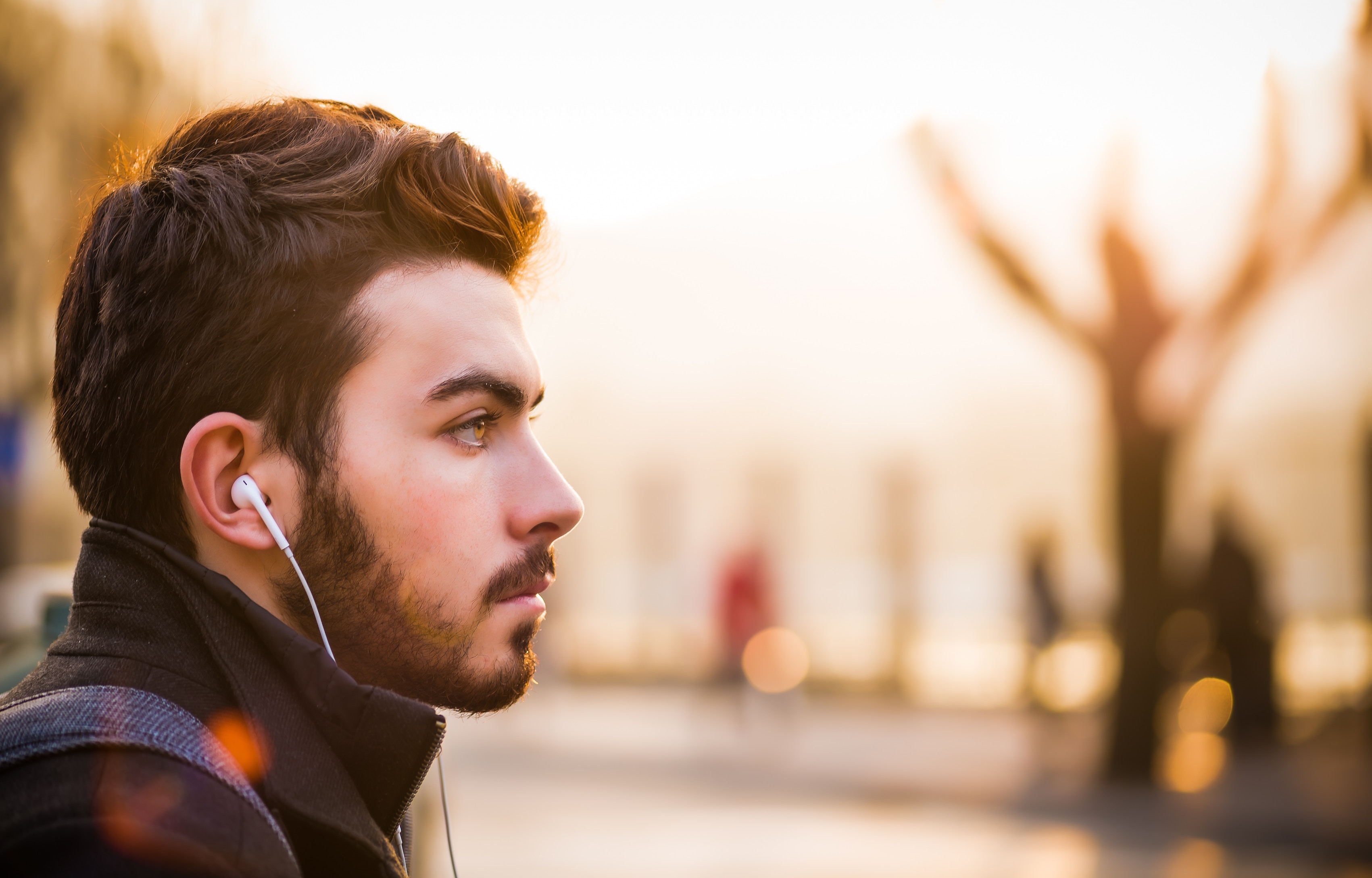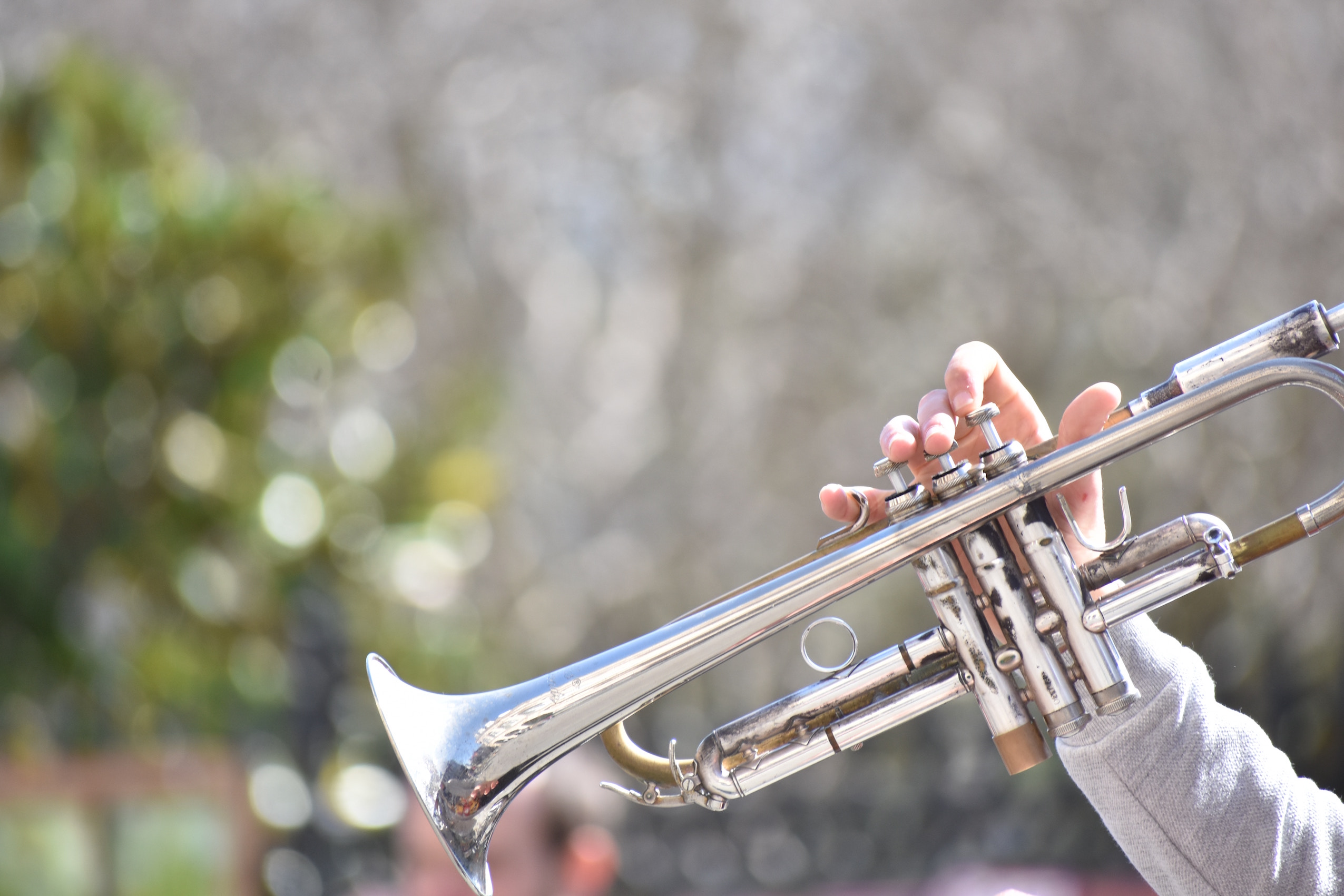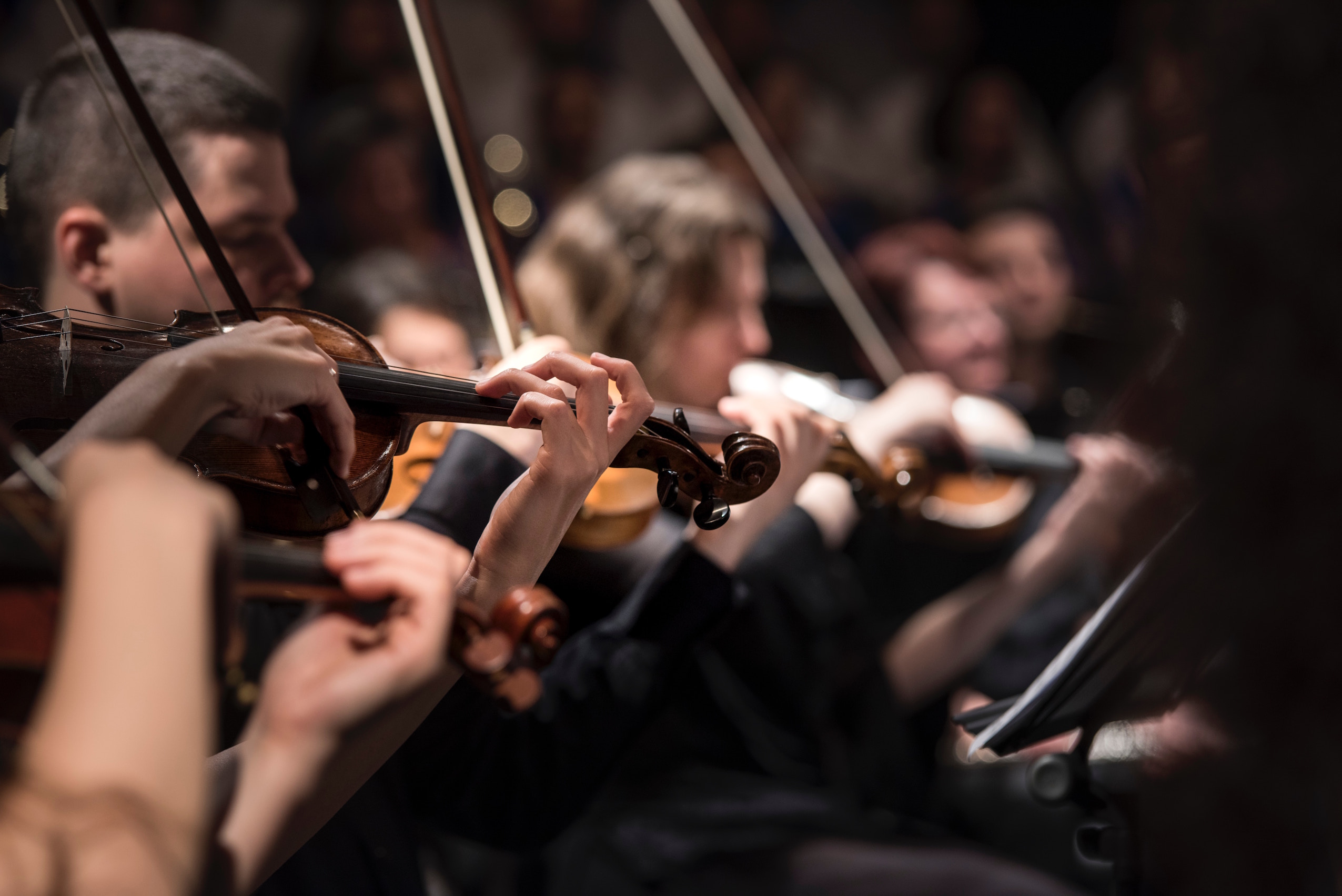Why and how you should look after your hearing RSS

Loud noise damages hearing ...
... and this applies to music just as much as to industrial noise and everyday noise pollution. The intensity of sound levels is measured in decibels (dB). 85dB and above is the level at which noise can damage our hearing without the use of protection. The proximity to the sound source, the duration of exposure to the noise and the space in which the sound is taking place are also relevant when we assess the risk to hearing. For instance, hearing bagpipes in a small room with no soft furnishings is a different proposition from hearing bagpipes outside in a wide open space! It is possible to protect our hearing in several ways, including wearing ear protection, using sound-absorbing furnishings and panels, and increasing the space between ourselves and the sound source.
The threat to music lovers' hearing has progressively intensified over the last century or so due to increasing amplification and to use of headsets, with musicians themselves just as much at risk as listeners. The Hearing Education and Awareness for Rockers organisation was created by veteran musicians, including Pete Townshend, who has permanent hearing damage, to educate rock musicians and the public on the dangers of high volume music and to promote the use of earplugs at concerts.
It's helpful to moderate the decibel level carefully when using a headset or earphones for listening - an MP3 player at maximum volume can put out 103dB and only 7.5 minutes of this can damage your hearing. Even worse, just 66 seconds of a live rock band performing at 112 dB can result in damaged hearing so earplugs are essential if you go to amplified concerts.
Take Time out of Noise Every Day
Find out just how loud everyday sounds can be so that you can take a break regularly from damaging levels. Give your ears a rest throughout the night by wearing earplugs suitable for sleeping if necessary but, for safety reasons at work, outside and at home, don't block out noise completely otherwise you may fail to hear sounds that might warn you of danger.

You don't need to float in the middle of a remote lake - silence can be found in any quiet room, using noise reduction headphones or just ordinary DIY ear defenders. The extent of potential damage to hearing is not limited to hearing loss. You may think that, if your hearing becomes less acute, you can just turn up the volume but hearing damage comes in many forms; you could develop tinnitus, a whole range of noises such as whistling and hissing that can actually sound louder than anything you want to listen to. Even worse, you could start to suffer from hyperacuity in which every sound, even normal speaking, is perceived as being intolerably loud.
Classical musicians risk hearing damage too
Although the decibel level of classical music may generally be lower than rock/pop music, the effects of noise are cumulative, with the duration of exposure a significant part of the equation. Thirty minutes of accompanying a loud soprano (97dB) could potentially damage the pianist's hearing within 30 minutes while it would take 16 hours for the same harm to be wrought by a violinist. By way of everyday comparison, your hearing could be damaged by a hand-held drill (100dB) after fifteen minutes but the same degree of injury could be caused by spending two hours on a tube train (91dB).
Dr Heather Malyuk's research is starting to show that many music students develop hearing problems even before they become professionals. Her webinar, Hearing Wellness for Music Educators contains valuable information for all musicians and teachers.

Just one Trumpet
A solitary trumpet produces sound levels of around 88-108dB and the results of a 2012 study suggest that trumpet players have a significantly increased risk of permanent hearing loss when compared with same-age peers with negative noise exposure histories. The decibel range produced by most orchestral instruments (measured at a 3-metre distance from the source) often exceeds the acceptable level set by the government under the Control of Noise at Work Regulations 2005. Musicians who are teachers can be exposed hour after hour to an unsafe decibel level and employers have a duty of care to help minimise the risks, for instance by providing earplugs.
In addition to setting out the duty of care of employers and contractors in relation to noise levels, the government deems workers, also, to have responsibility for managing noise exposure at work and offers a link to the following, special advice to professional musicians:
- take reasonable care of your health and safety and that of others while at work
- use control measures in accordance with any instructions given to you
- make sure the legal limits on noise exposure are not exceeded.
Music examiners should protect their hearing too. Listening to instrumental performers and singers in a small room for a prolonged length of time can be problematic for hearing health; a percussion exam subjects the examiner to 90-105dB and even a cello reaches 80-104dB. And who wants a deaf examiner anyway?
Fortunately, many orchestras now take the issue seriously and follow the Sound Advice recommendations relating to risk assessment, rehearsal schedules, venue modifications, orchestra layout and personal hearing protection, including the use of acoustic screens.

Use good Earplugs
If you are a musician, you could wear musicians’ earplugs during practice sessions and, if appropriate, when teaching; invest in a good pair that lower the decibel level without distorting the sound. Proguard earplugs are excellent because they are custom-made for each individual. The company arranges for an audiologist to take moulds of your ears and offers a range of decibel-level inserts so that you can choose how much volume you need to reduce according to the situation. This is a personal recommendation as I've had my Proguard earplugs for several years and I can confirm that they are truly life-enhancing!
Children's hearing is precious

Instrumental teachers have a duty of care to advise their pupils to avoid practising at full volume for prolonged periods of time without wearing ear protection. Schools need to bear children's hearing health in mind when organising group tuition sessions and music performances.
A class of thirty primary school children playing percussion instruments produces a damaging decibel level so it's advisable for teachers to moderate the volume for everyone's benefit. It's safer to choose soft-headed beaters for tuned percussion instruments and to use hands only for drums. Teachers could aim to have small groups playing at any one time rather than the whole class and make creative use of any spare spaces where a group can work on a task, perhaps with a teaching assistant.
Parents have an important role to play in protecting children's sensitive hearing by discouraging high-volume headphone use and prolonged exposure to excessively loud television, radio and music. Subjecting children to live amplified music at rock concerts is plainly inexcusable and, at the risk of being a kill-joy, fireworks can now reach 145 decibels so it's a good thing to keep your distance from the display! Even toys can be damaging - a Kid Connection's Electronic Guitar was, unbelievably, found by The Hearing Review to exceed the level of noise of a chain-saw!
Take notice of the research
Now that we have research to back up healthy listening habits we can, hopefully, protect our own hearing more effectively and also help children to retain their hearing health for longer throughout their lifetime.
Face the Facts
Violist, Chris Goldscheider suffered acoustic shock during a rehearsal of Wagner's Die Walkure (The Valkyrie) in 2012, where the noise levels exceeded 130 decibels. In a landmark High Court case on 28 March 2018, Mrs Justice Nicola Davies ruled in Goldscheider's favour and awarding damages, confirming that there was ‘a clear factual and causal link’ between the noise levels and the musician's hearing loss.
Images - thanks, in picture order, to: Alex Blajan, Alex Blajan, Fede Casanov, Larisa Birta, Caroline Hernand.
E-MusicMaestro cares about your listening skills too. Check out our aural training programmes free!
